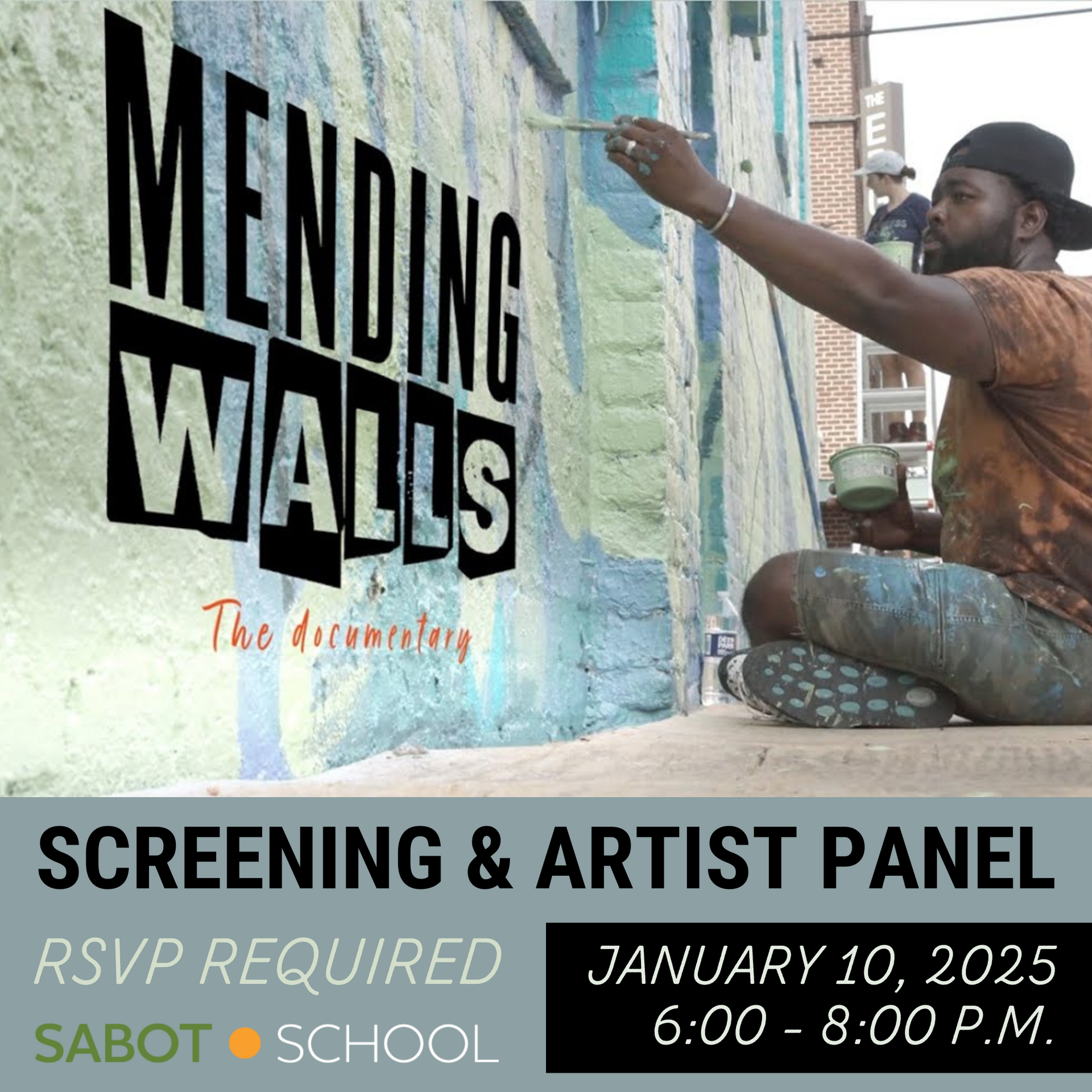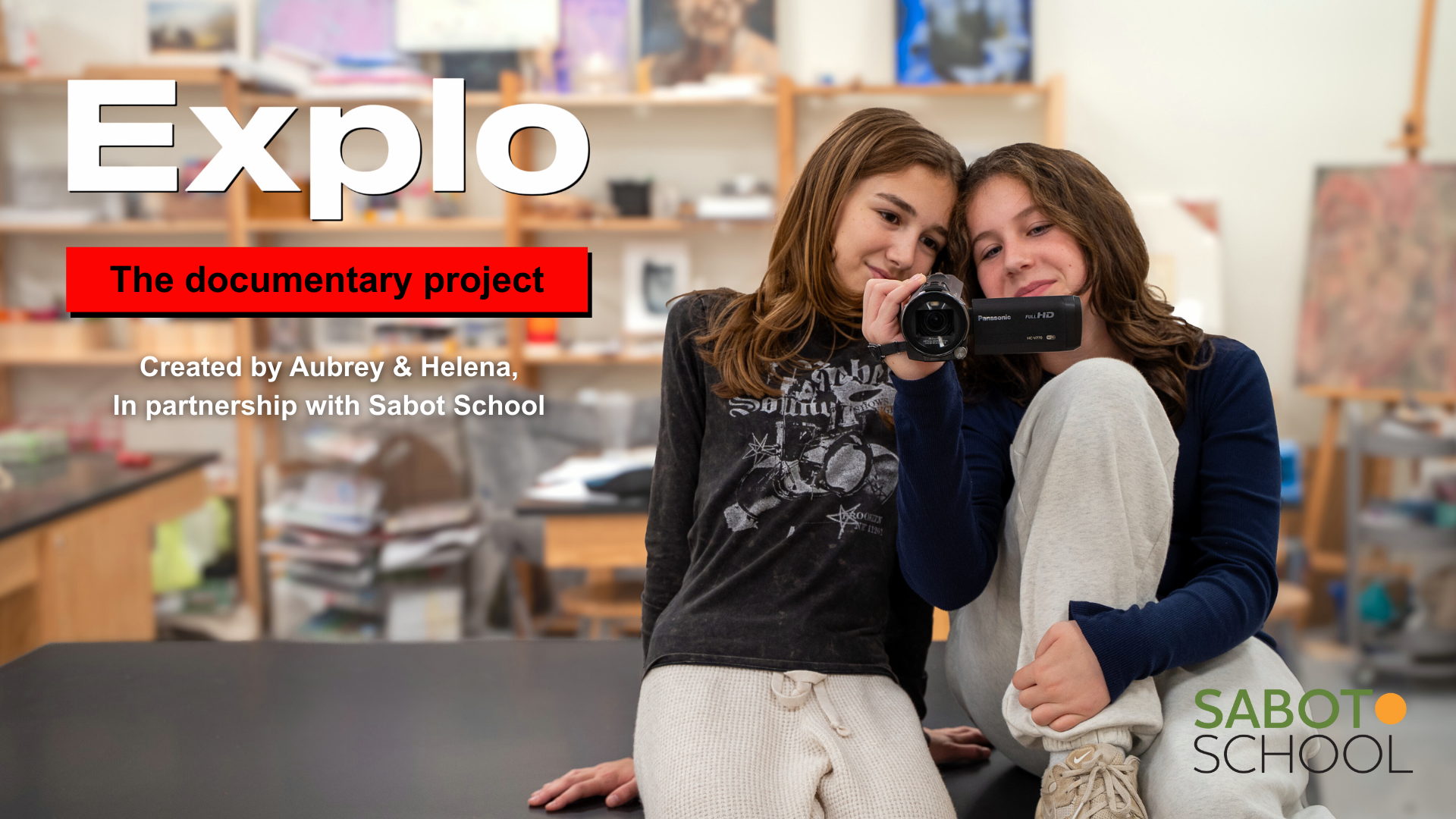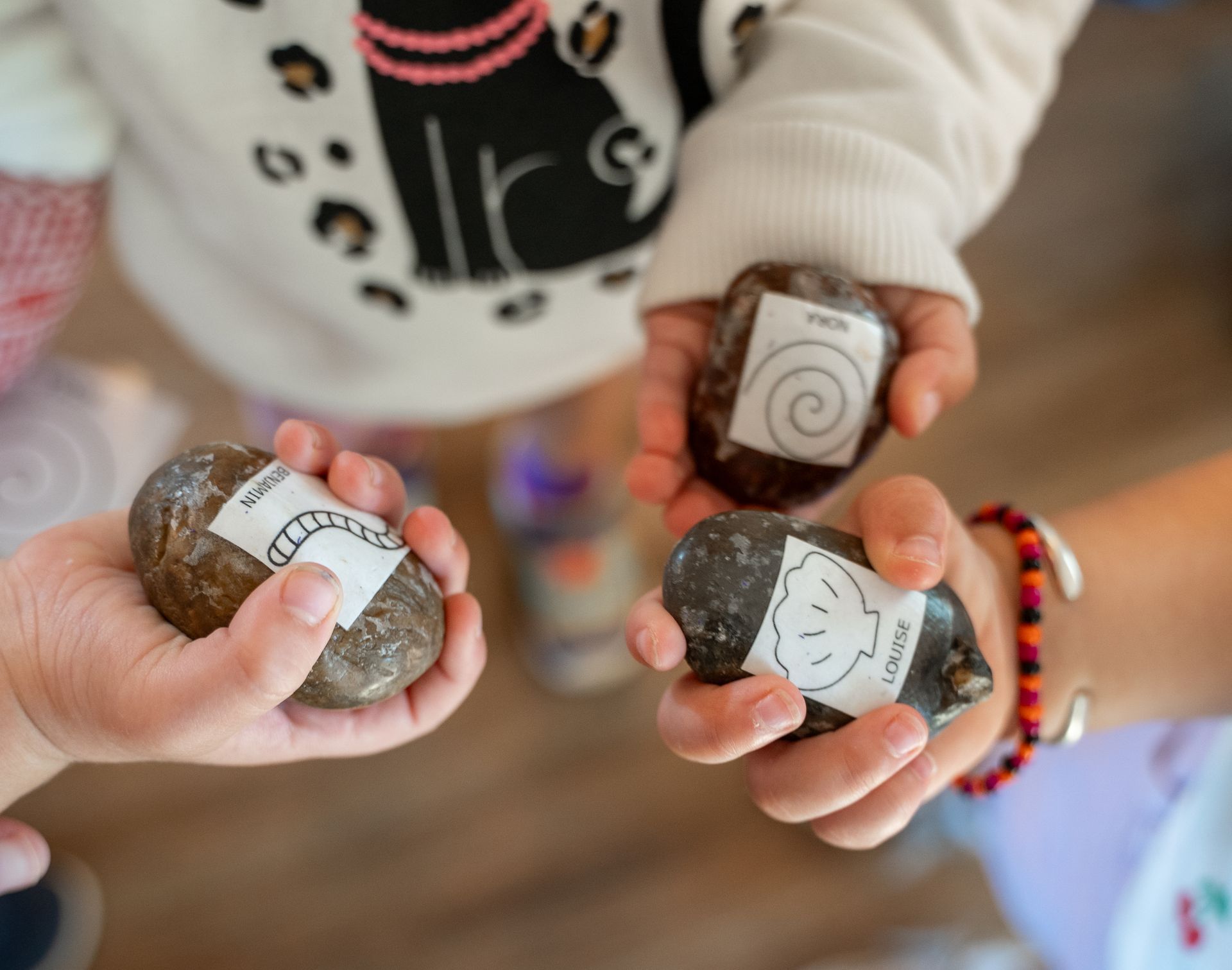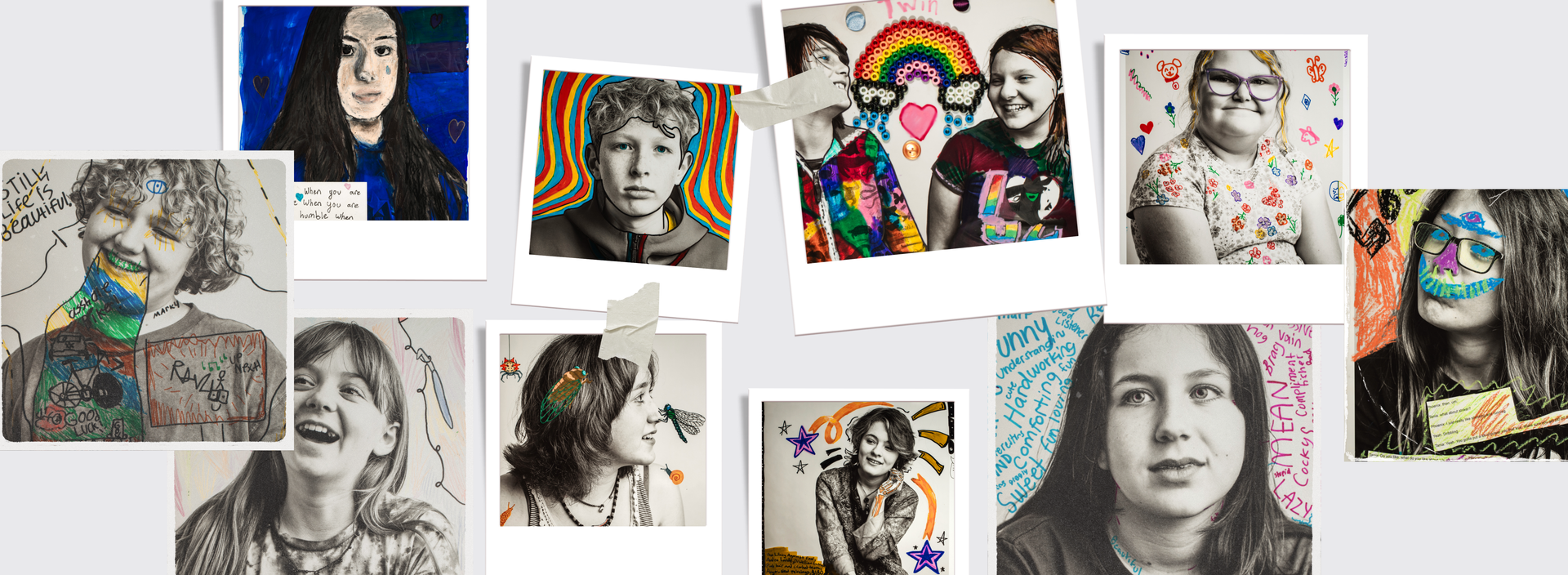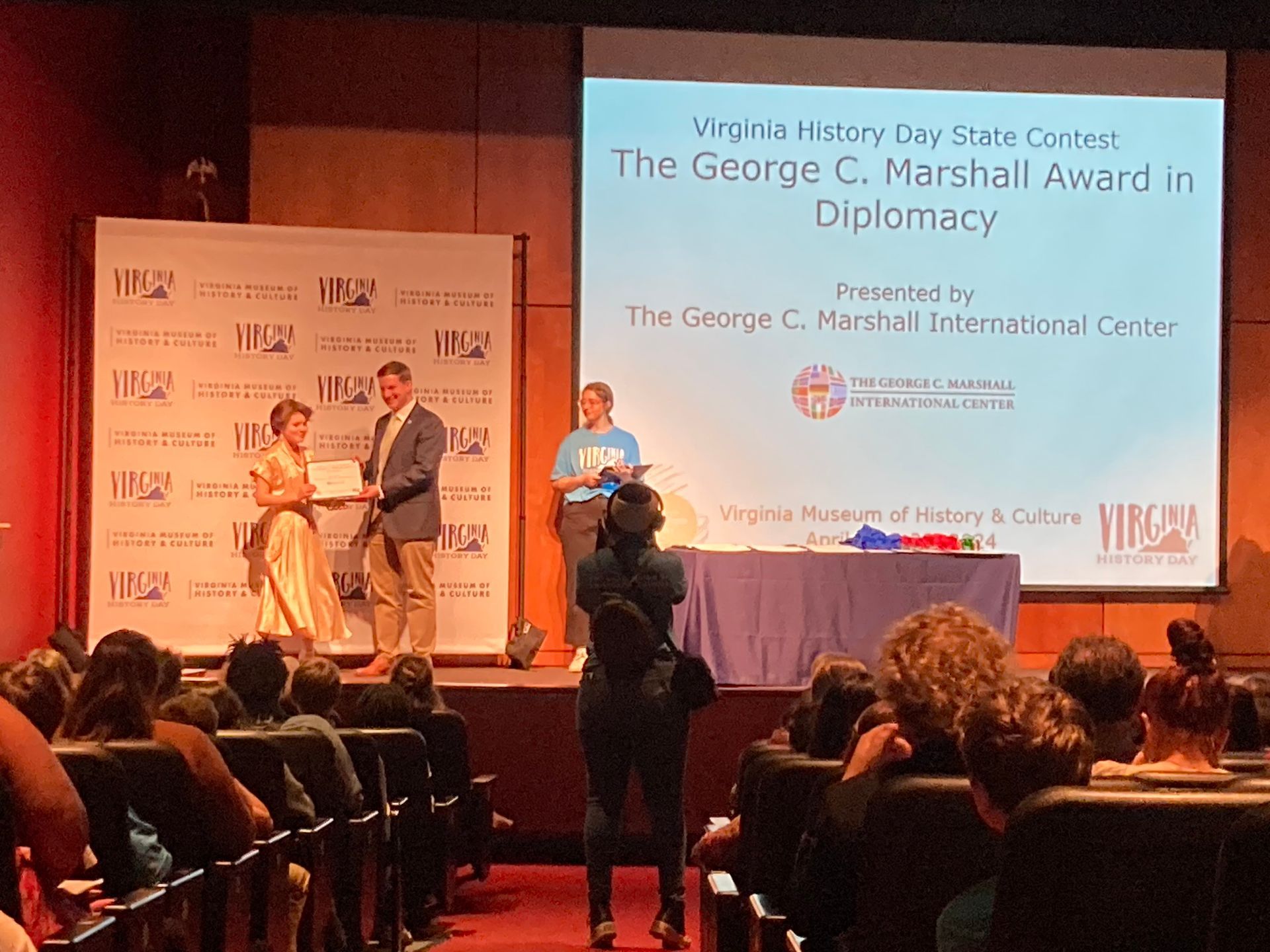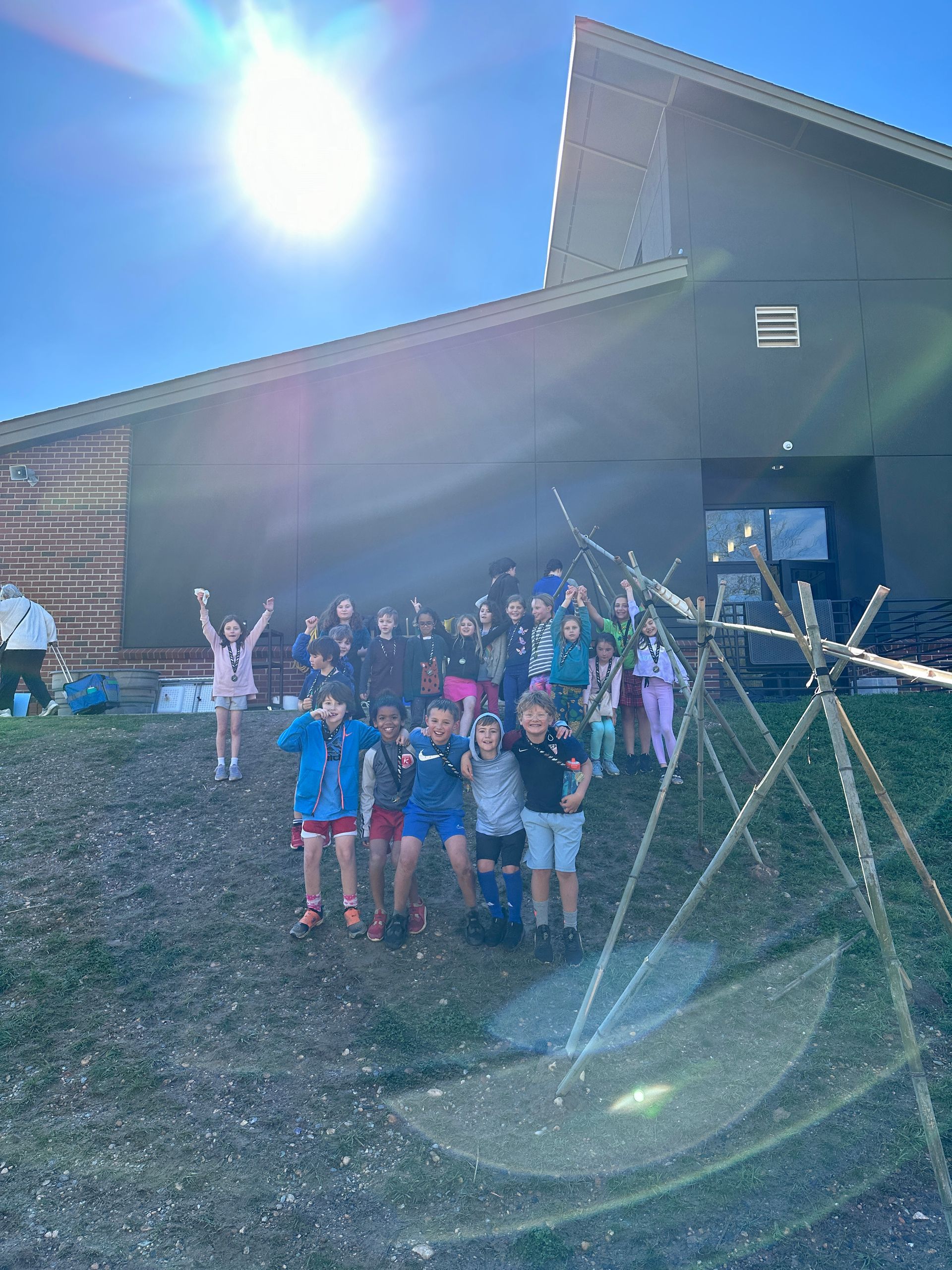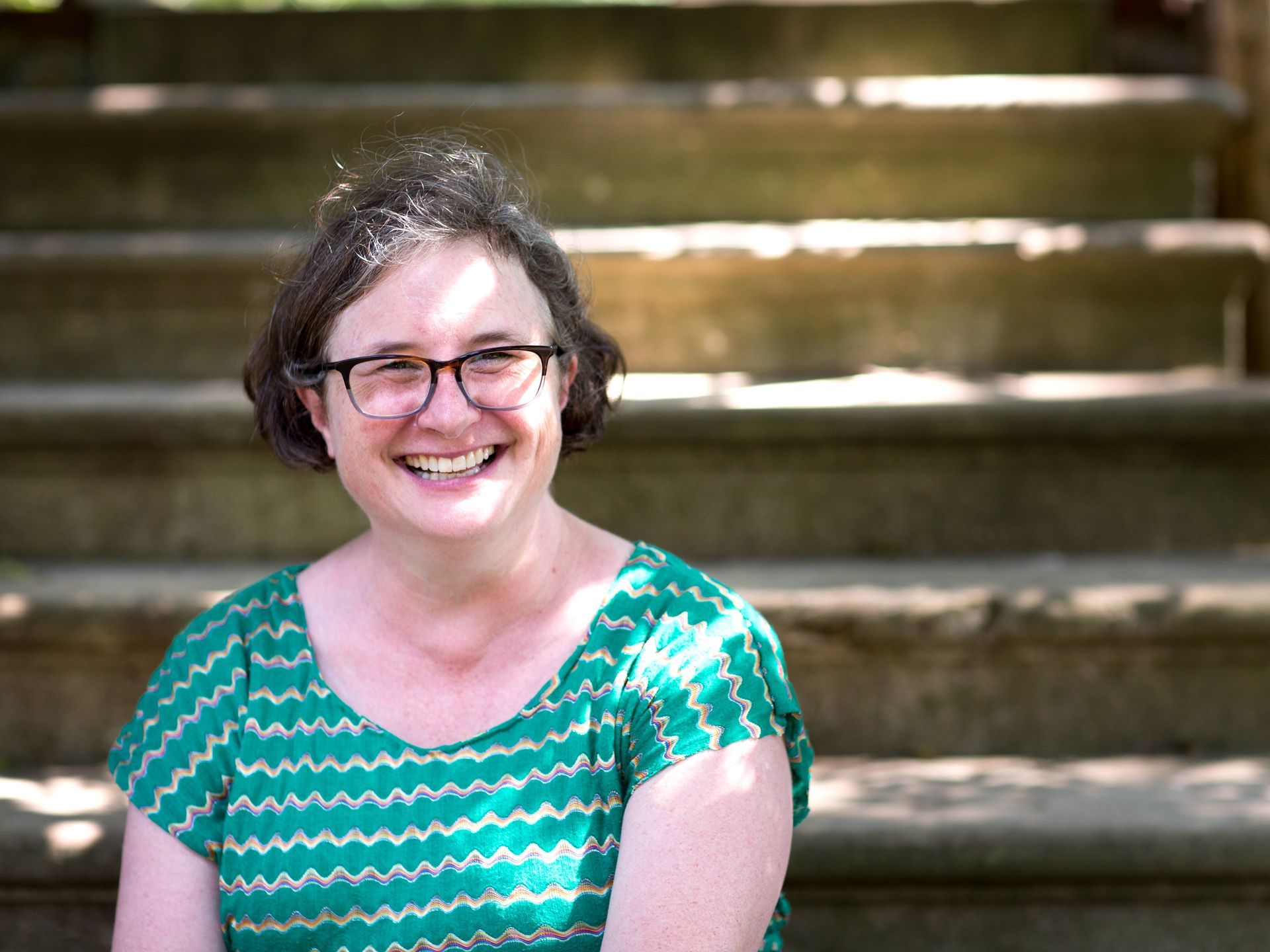Relationship, Trust, and Open Dialogue
Not long ago, the topic of vaping – Juuls in particular – started to appear in the media, in school nursing blogs, and in every major news publication I read. It became apparent that a tool originally designed to help people stop smoking was now causing a whole new generation to begin smoking.
This epidemic was recently addressed in a Wall Street Journal article , for which I was interviewed. While the article provides excellent information and an overview of e-cigarettes and Juuling, it does not touch enough on the importance of prevention and having an open dialogue with students regarding issues related to health and human sexuality.
In health and human sexuality class at Sabot, we discuss an established array of topics, but each year we insert new topics, often based on what I am reading or what the students bring to class. After reading and listening to multiple reports on the dangers of vaping and the emergence of Juuls, it was clear that this was a topic that needed to enter our curriculum. When starting to discuss a new issue or topic, I first ask students what they know and what they think. Not surprisingly, students are often more aware of issues than adults realize, even though they may not comprehend the dangers and concerns that accompany a particular issue.
With any conversation, first and foremost, I know that it is important to establish, or maintain an already established, trust with the students. So, I listen. I listen to students share what they know, what they think they know, and how they feel about it. I listen to them tell stories, consider scenarios, and share experiences.
With Juuling, some students shared the intrigue of the smoke circles and tricks that can be done when vaping, admitting that they have seen multiple YouTube videos explaining how to do “cool tricks.” They talked about reasons people vape such as: peer pressure, the thought that it’s safer than smoking, the idea that everyone is doing it, and that it smells good. Some also confessed that it seemed much less dangerous than some of the other things adults tell them not to do.
One of the gifts of Sabot is the relationship teachers have with students. I strongly believe that our knowledge of their lives, their interests, and their community goes a long way in establishing trust. Each year, I encourage students to identify trusted adults in their lives besides parents. It could be a friend’s parent, a relative, a pediatrician, a teacher, a coach… I reiterate to parents and students alike the importance of having safe places to share information, seek advice, and discuss concerns or questions.
Teachers don’t expect to see the fruits of their labors immediately. We often don’t know if we’ve reached a student or had any significant impact on their lives. At least one of my students was really listening and heard the message. I’ll call him Aiden.
Aiden came to me wanting to talk through a situation. He had been invited to sleep over at a friend’s house. Aiden shared that this friend was vaping and had asked Aiden if it would be okay if he vaped during the sleepover. Caught off guard, Aiden had said yes, but within minutes, he knew he was not comfortable with the scenario. During our conversation, he processed his concern for his friend as well as his concern regarding peer pressure to try vaping. It’s worth noting that I never told Aiden what to do; he figured it out on his own. He just needed a trusted ear to listen while he processed the possibilities.
Ultimately, Aiden told his parents about the dilemma. As truly exceptional parents do, they listened, helped problem solve, and supported their child. Fast forward a few days, and Aiden’s mom reached out to the friend’s mom to share the concern. The Juuling was addressed and stopped, and Aiden let his friend know his reasonings for intervening. It wasn’t easy or without difficulties, but in this case, Aiden knew what felt true to him and followed that intuition.
It should go without saying that in health and human sexuality class, we talk about the realities of using e-cigarettes. We build on prior conversations about addiction, the brain’s wiring, frontal lobe development, healthy choices, and about how to resist peer pressure. I point out the powerful marketing that companies are using to appeal to teens and to encourage them to vape. We talk about laws – it’s illegal to buy or use e-cigarettes in Virginia if you are under 18. I try to share the potential negative health effects of using e-cigarettes and, like so many other teachers, nurses, and parents, I stumble.
The truth is, we know the harm inherent in nicotine, but we don’t know what a regular habit of using e-cigarettes does. We simply don’t have enough data. We know that some of the chemicals used in these devices create formaldehyde when heated. We know there are carcinogens in these devices. It’s clear that they cause damage, but the type and amount are not yet supported by years of research.
That’s a distressing reality for someone trying to convince teens not to use a particular substance. For some students, it’s an easy, clear-cut decision: they will never use. For others it might not be so clear. What if a friend is using? What if they are the only ones at a party not willing to try a Juul? These are questions and topics that we’ll think about more deeply in upcoming classes where we will also use role playing scenarios.
Armed with information and the support of trusted adults, Sabot students, like Aiden, are able to take a step in the direction we hope for everyone; one that supports their voice and stays true to what they believe.
Kara is Sabot’s School Nurse and Health & Human Sexuality Teacher
The post Relationship, Trust, and Open Dialogue appeared first on Sabot at Stony Point.
SHARE THIS POST
